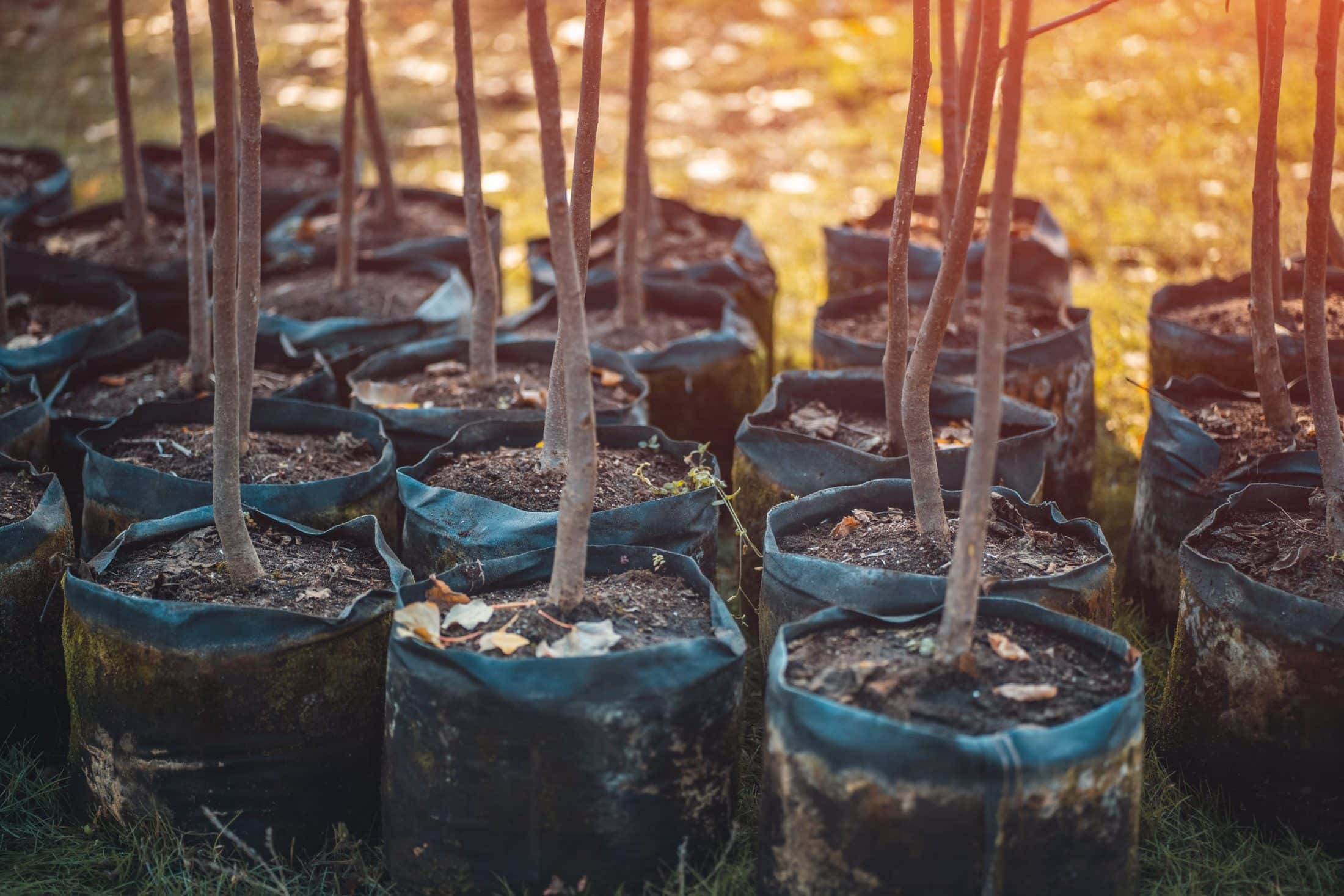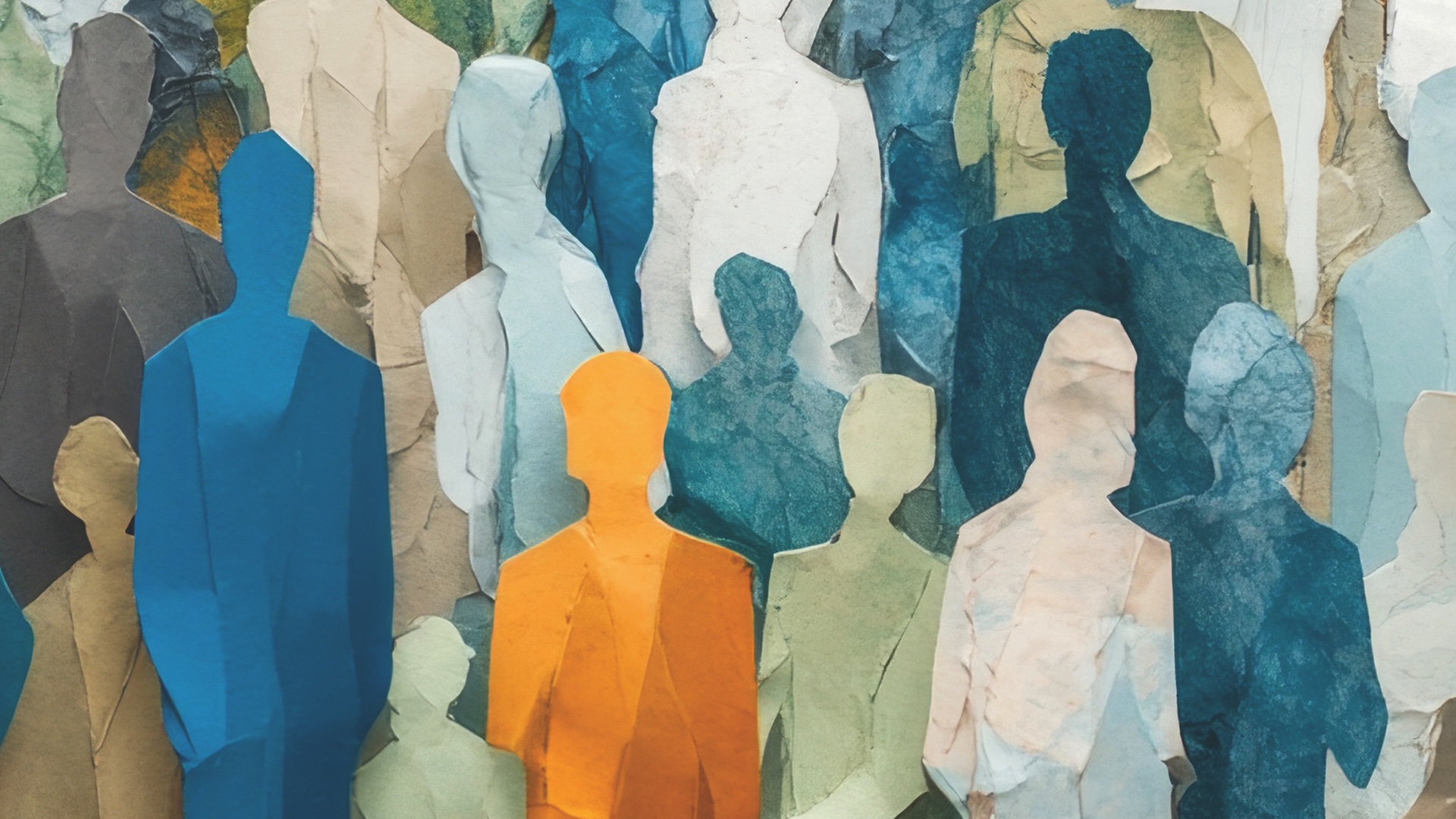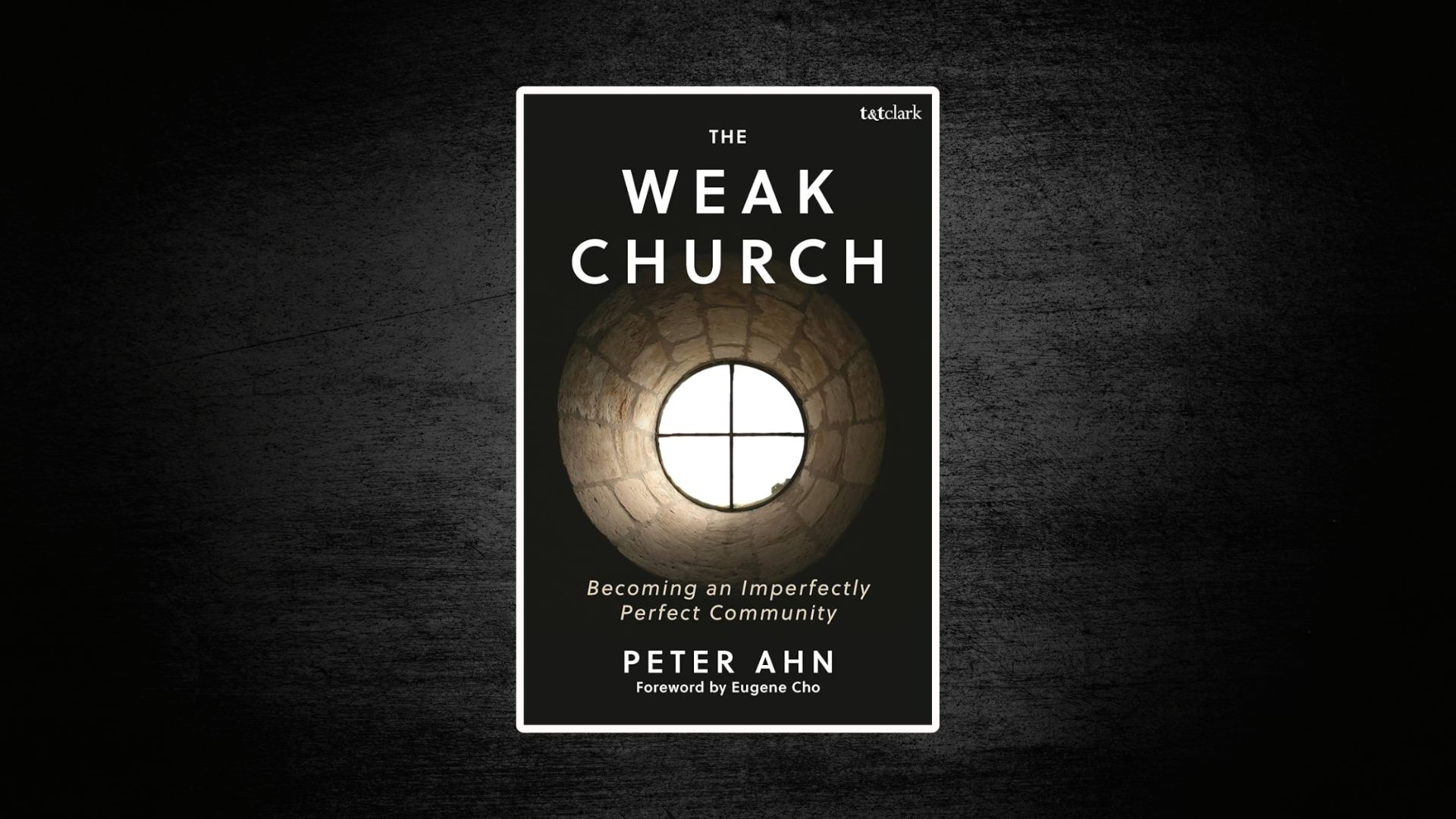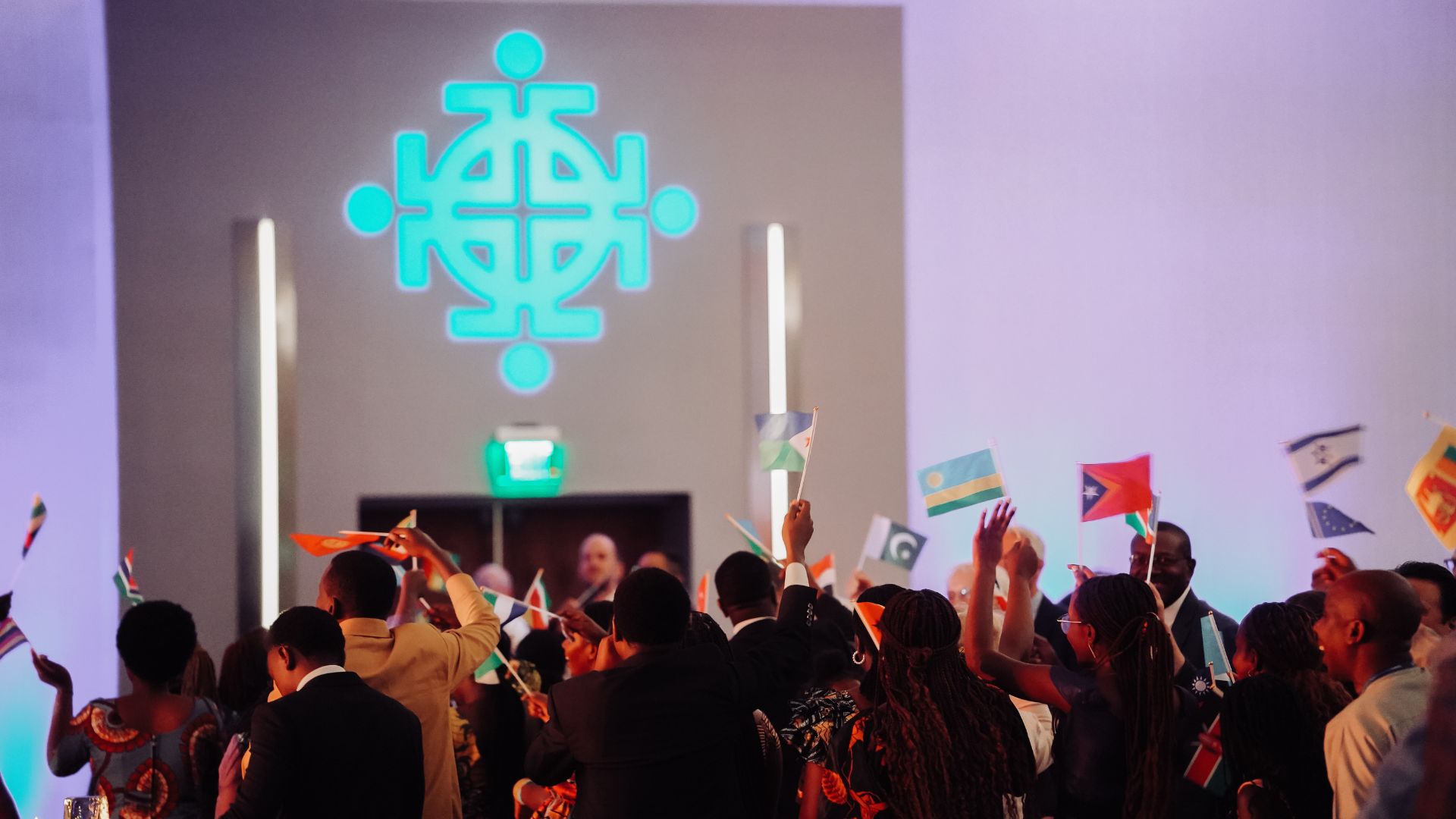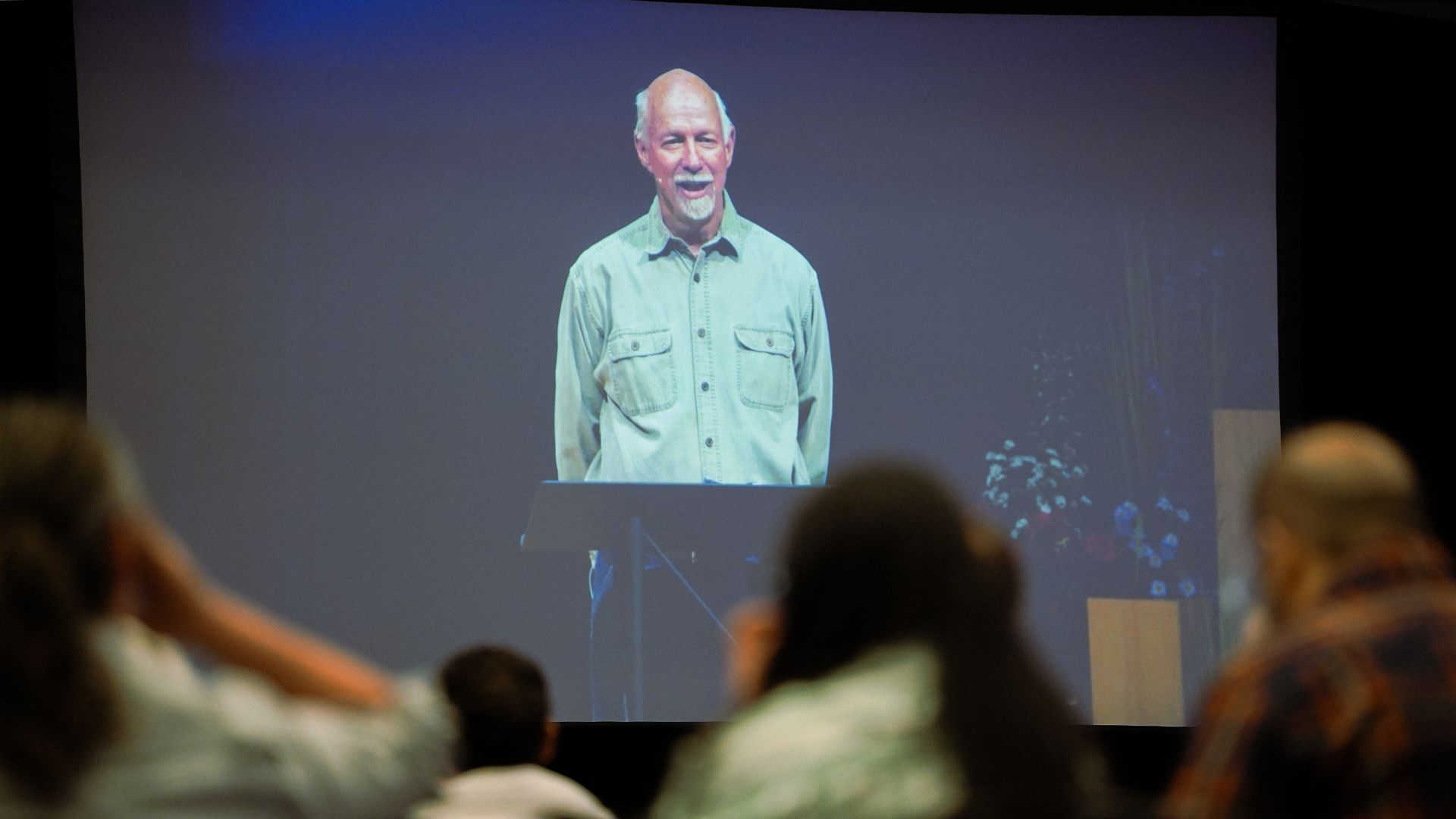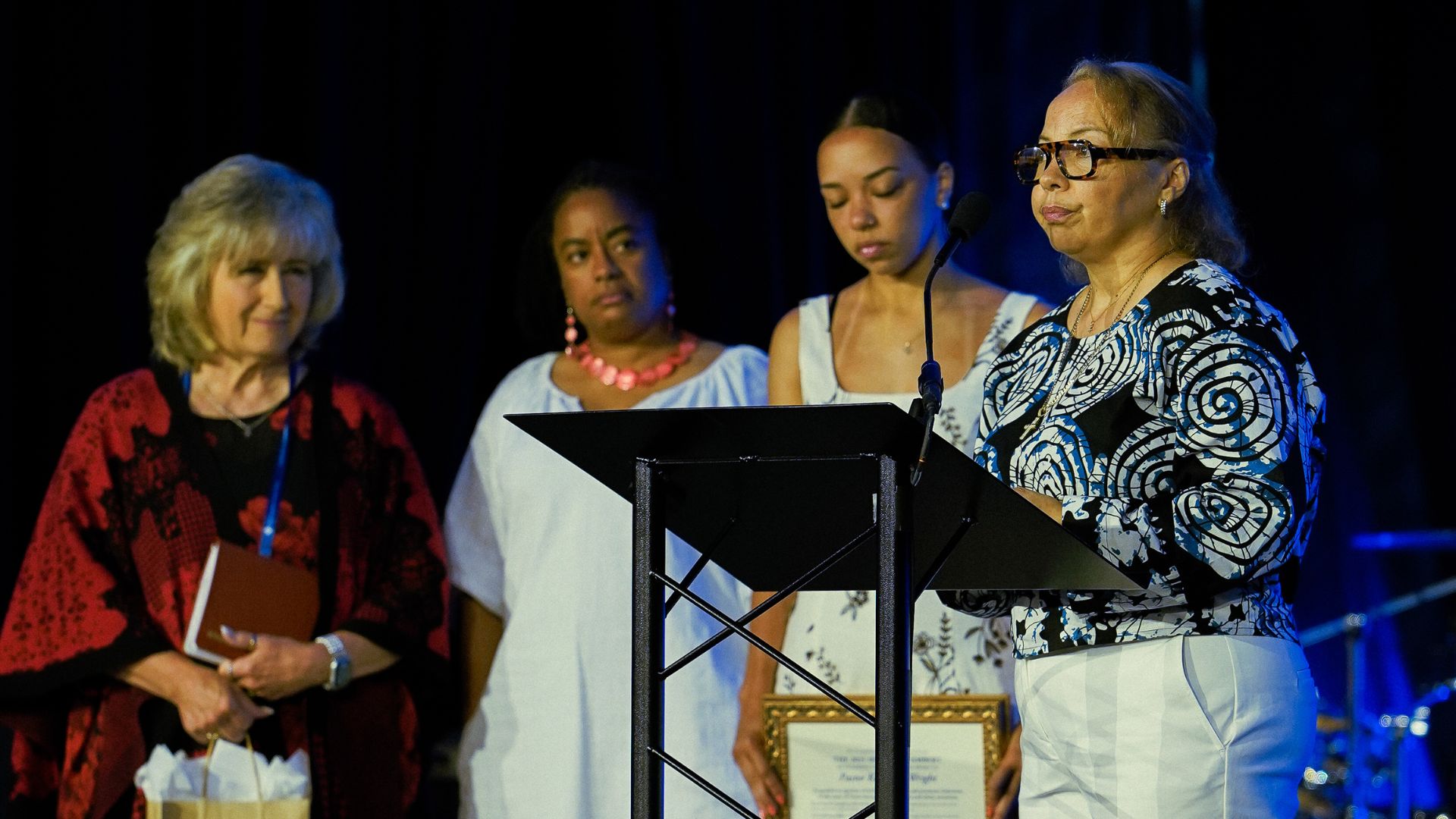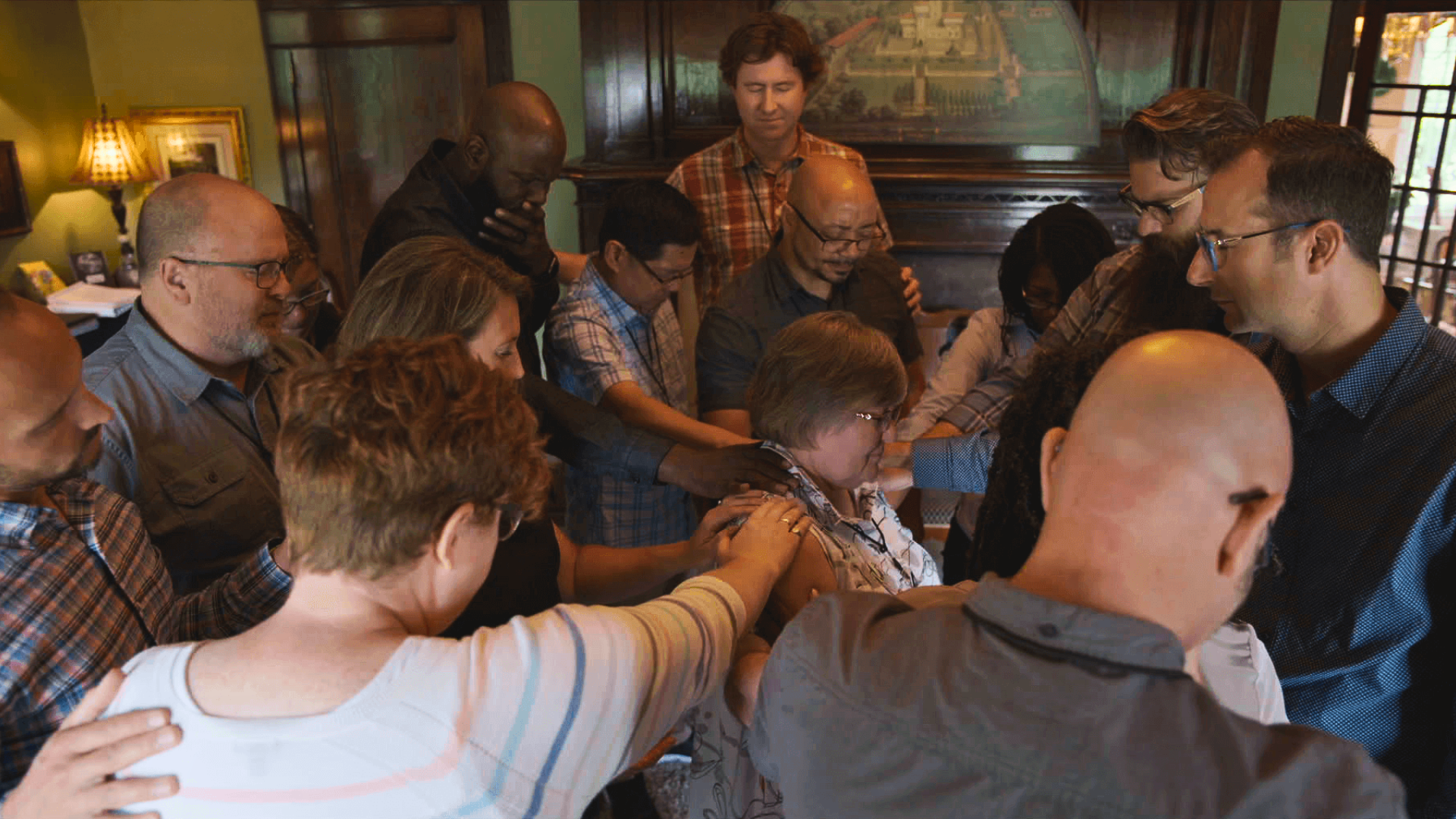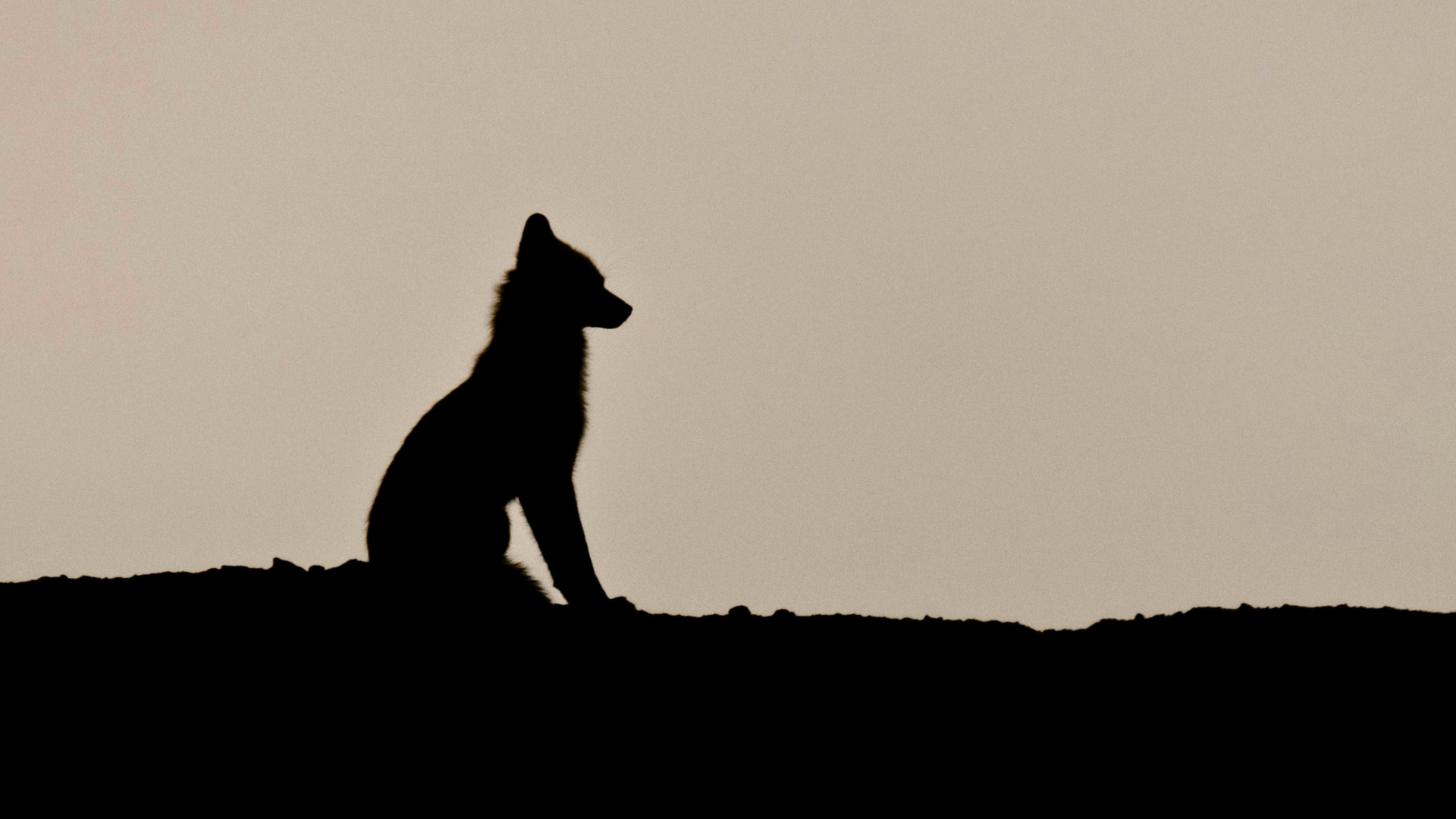In the song “Planting Trees,” songwriter Andrew Peterson sings: “We chose the spot, we dug the hole, we laid the maples in the ground, to have and hold; as autumn falls to winter’s sleep, we pray that somehow in the spring the roots grow deep; and many years from now, long after we are gone, these trees will spread their branches out and bless the dawn.”
That line haunts me—a reminder that I have a choice in the autumn and winter seasons of life to intentionally prepare for and participate in the spring to come. And I wonder, Is that what I am doing?
In their wonderful word-study video, the Bible Project points out that a Hebrew word translated “hope” (qavah) has at its root the word qav (“rope”). The idea is that a rope is a tool built for tension. While useless if you just push it, a rope can be used to pull anything if adequate force is applied. The word qavah carries the idea of tension applied and released, longing fulfilled, the expectation of something better.
It bears little resemblance to our idea of optimism. Optimism chooses to focus on how things could turn out well in a situation, but biblical hope is most present when opportunities to envision a positive outcome are few.
As the first-century church lived through unimaginable difficulties, their hope was rooted in the trust that through Jesus’s death and resurrection, God was making a way for all of creation to be made brand-new.
Paul writes to the church in Colossae: “This mystery has been kept in the dark for a long time, but now it’s out in the open….The mystery in a nutshell is just this: Christ is in you, so therefore you can look forward to sharing in God’s glory. It’s that simple. That is the substance of our Message” (Colossians 1:26-28, The Message).
While useless if you just push it,
a rope can be used to pull anything
if adequate force is applied.
In the midst of a global pandemic, economic uncertainty, incredible social unrest, and a contentious election, Christian hope is vital. Our hope in Jesus can enable us to persevere without settling for a baseless optimism or carrying the weight of the world on our shoulders as though it were ours to save. The former encourages us to simply ride the tide; the latter can pull us under the current too great to withstand alone. Christian hope calls us to plant for something better while remembering that our strength resides in the person of Jesus Christ whose Spirit is with us and in us.
Second, Christian hope must be personal. Often we slip into hoping that something out there or someone over there would change or think straight or get their act together. But if our hope is anchored first in what Jesus has done, is doing, and will one day do in this world, then our hope for a better world begins by opening ourselves up to the new things he wants to do in us. Christian hope isn’t just wishing “they” would change; it is believing that we will be transformed as we submit to Jesus. Trusting in the resurrected Christ gives us hope because we see in one another the transformation and new life possible with him!
Is this permission to disengage from our community, nation, even our political responsibilities, and sit on our hands? Not at all.
Third, Christian hope must be productive. As we follow Jesus, he enables our hearts to break over the things that break the heart of God. Sometimes we are surprised that trusting in Jesus makes us more vulnerable to the pain of the world, not less. But a Christlike love is not detached or disembodied—it requires us to move toward the world’s hurt the way Christ moves toward us, and we make sacrifices on behalf of the other as Jesus himself did. Christian hope does not enable us to escape but rather encourages us to engage.
In the bridge of his song, Peterson sings, “So sit down and write that letter. Sign up and join the fight. Sink in to all that matters. Step out into the light. Let go of all that’s passing. Lift up the least of these. Lean into something lasting, planting trees.” Perhaps you need to hear those words as much as I do today. May it be said of us that in the midst of so much uncertainty, we planted trees as a sign of faithfulness and hope.


